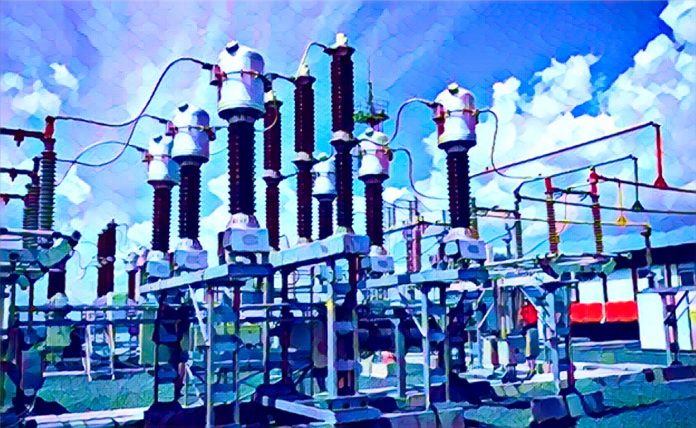The Nigerian government has taken a significant step towards improving the country’s power supply. The Federal Ministry of Power commissioned new mobile power stations in Ajah, Lagos State, and Birnin Kebbi, Kebbi State, simultaneously.
Increased Capacity and Ambitious Goals
The 63 MVA, 132/33KV mobile stations are expected to add a combined 625 megawatts (MW) to the national grid. This increase brings Nigeria’s total power generation capacity to 4,800MW.
Speaking at the commissioning ceremony, Power Minister Adebayo Adelabu expressed optimism about the project’s impact. He highlighted the government’s ambitious goal of reaching 6,000MW by December 2024, coinciding with the completion of phase one of the Siemens power projects.
Collaboration Paves the Way for Progress
Adelabu emphasized the importance of collaboration in achieving these goals. He commended the partnership between the Federal Government Power Company, the German government, and Siemens Energy. This collaboration facilitated the production and installation of the mobile stations.
Presidential Power Initiative: A Strategic Approach
The Minister explained that the new mobile stations are part of the Presidential Power Initiative (PPI). This initiative represents the government’s strategic approach to addressing Nigeria’s longstanding power supply challenges.
Adelabu acknowledged the nation’s existing installed generation capacity of 14GW. However, he stressed the importance of maximizing operational capacity to meet the growing demand for electricity. The PPI, he explained, is a collaborative effort between the German and Nigerian governments that aims to deliver reliable power supply nationwide.
Shared Responsibility for Success
While celebrating the launch of the mobile substations, Adelabu cautioned that their success relies on collective responsibility. He urged Nigerians to safeguard these vital installations from vandalism and sabotage, recognizing their importance as economic assets.
The Minister concluded by highlighting the broader socio-economic impact of improved power infrastructure. He identified enhanced power as a catalyst for industrial growth, job creation, and improved living standards for Nigerians.
Source: Vanguard



